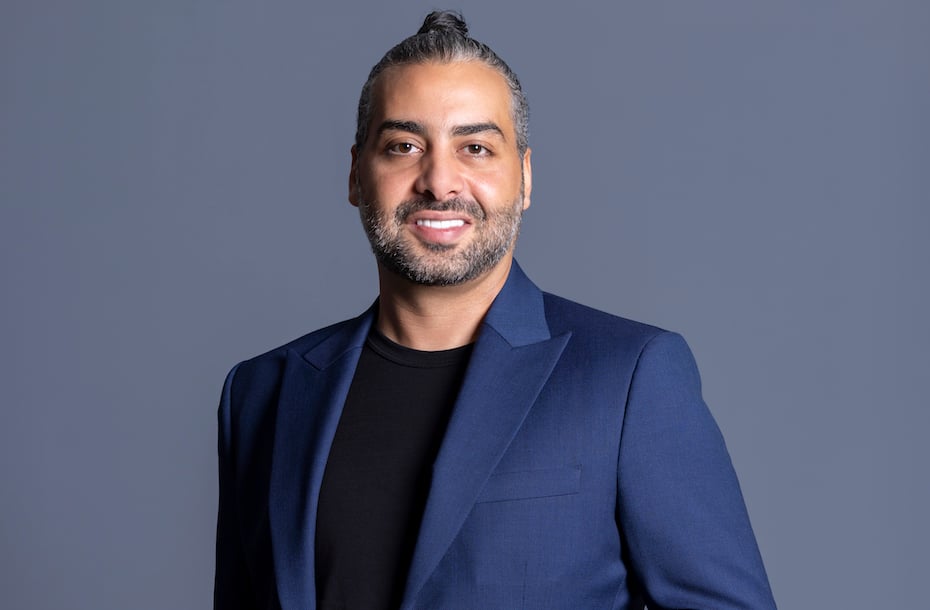
The history of the music industry is inevitably also the history of the development of technology. From the player piano to the vinyl record, from reel to reel tape to the cassette, from the CD to the digital download, these formats and devices changed not only the way music was consumed, but the way artists created it.” said the American entrepreneur, Edgar Bronfman, Jr.
Indeed, from vinyl to CDs to digital downloads and now to digital streaming, the music industry has seen significant changes over the past two decades. Artists are now using streaming services and social media to promote their tracks, which is changing the way people listen to music.
The increase in streaming contributed to a 20 percent increase in the global music industry’s revenue last year. This accounted for 65 percent of the industry’s revenue according to the annual IFPI Global Music report, the organization that represents the recorded music industry worldwide. Meanwhile, over 70 percent of revenue comes from the top five countries – the US, Japan, the UK, Germany and France. These countries represent just over 8 percent of the world’s population.
It is also estimated that the penetration rate of digital service providers in emerging markets is about 3 percent, and that number is expected to increase to 18 percent by 2030, according to Goldman Sachs. This is primarily due to the paid subscription model.
As unbanked younger generations in emerging markets have limited or no access to online payments in most territories, they use unauthorized or illegal means to access music. For example, last year in India, it was estimated that 68 percent of people used unlicensed services.
Aiming to differentiate itself in the market and meet the needs of its general consumers and content creators, Pulse Music, the Dubai-based music streaming platform, has implemented a “self-sovereign” identity, which allows all players within the platform to manage and control their own data. In addition, the platform integrates smart contracts to simplify the licensing of content and intellectual property.
“The emerging markets are where we want to focus our efforts. We strongly believe that we can offer a solution to the problems that these markets face. Examples of important challenges are the lack of bank accounts for payments for subscription models, the inability of music collection companies to efficiently and transparently collect rightful revenues for musicians, difficulties in accessing otherwise available global content due to localized copyright laws and regional financial constraints, ”explains Mehdi Cherif, co-founder and CEO of Pulse Music.
The idea behind Pulse
Pulse uses the power of blockchain to disrupt how brands use music to engage with supporters. “The idea of Pulse was a long process that took a few years, with many hours of research, studies and peer-to-peer review to validate what we wanted to build as a product,” says Cherif.
Having spent the past decade managing and operating various end-to-end streaming services, Cherif has been involved in various operational aspects – from managing Virgin MENA’s music buying operations to founding and managing his own music streaming service. He explains that the experiences he has gained have given him a lot of insight into not only the obstacles that the industry has to overcome, but also opportunities where these challenges can be solved.
The growth of the music industry has been hindered by five main challenges that prevent it from developing, notes Cherif. “To begin with, the complexity of IP (intellectual property) makes it difficult for any party to deal with the music industry. In addition, there is an excess of existing supply chains and intermediaries. These increase the time of the process. Thirdly, current business models that favor intermediaries when it’s about revenue and royalty splits. That means, on average, artists take home only 12 to 15 percent of their generated revenue. Fourth, artists wait between three and nine months to get paid. And finally, the inherent lack of transparency and traceability limit access to and control of data.”
By tackling these challenges, Cherif hopes to change the status quo in the music industry. To facilitate content licensing, Pulse uses a proprietary digital rights management system and a copyright ontology based on semantic data modeling. It gives artists a do-it-yourself model and simplifies their IP to allow for a fairer distribution of royalties. Furthermore, by using a micropayment system, it allows for immediate payment as opposed to the traditional and inconvenient extended waiting time. And finally, the fact that the blockchain is a completely decentralized database provides transparency and highly accurate reporting.
The company also constantly tries to improve all aspects of the business from internal processes to the products. “Everything we do is with our end users in mind. Not rushing our product launches while systematically reviewing and learning all the time will put us in good shape for the future,” says Cherif.
Revolutionary music
Pulse has an ambitious plan to revolutionize the way they do business using blockchain technology. The new modules added to the platform make all metadata related to the content available to everyone at all times. This ensures that artists and copyright owners receive a fair share of the profits.
“Pulse is an ad-supported service that has no subscriptions. There are four main services that Pulse offers are our own metaverse, music streaming, social engagement and the NFT marketplace.
“Pulse is a social music platform that leverages decentralized technology such as self-surpassed identity, smart contracts and micropayments to tackle major challenges that we see in today’s music industry along with the challenges of today’s social media platforms. Our platform allows artists to manage, control and monetize their data . Fans can discover new artists and engage with them via a unique user experience. It also offers brands the opportunity to connect with artists, create meaningful engagement and generate return on investment from a unique revenue stream.”

Meanwhile, the social aspect of the platform is interesting. Through the use of messages and video chat, users will be able to communicate with their friends. It is also possible for them to upload photos and videos, share interests and hobbies, connect with brands they like and earn tokens in the process.
In the NFT Marketplace, Pulse users can find rare and exclusive items. It is also possible for these users to launch their own NFT and showcase their collections to the Pulse community and be rewarded for it in exchange.
Pulse also helps the brand reach its target audience. “We try to understand not only our existing community, but also our potential new audience by listening to what they have to say. We also need to understand the brands we work with and make sure they are matched with their audience.” a lot of work in understanding and analyzing the regional and local market landscape, market trends, economic changes and user motivations.”
Builds on blockchain
The UAE has embraced blockchain technology and is working to position itself as a global leader in the space. The country has launched several initiatives to promote blockchain adoption, including a blockchain strategy, a blockchain academy and a multi-billion blockchain investment fund Dubai is becoming an important hub for companies, startups and key players in the space. After aligning his vision with the United Arab Emirates, Cherif states, “I believe that blockchain has the potential to transform the way we interact with the world around us.
“We are aware that there are many social media platforms to choose from and approximately 150 digital service platforms on the market where you can stream your music. However, there is no platform available, either social or music, that combines them both and solves the challenges of today’s music industry. This is why Pulse is unique and we believe the future is bright for everyone.”
He adds: “We are focused on emerging markets where the penetration rate of digital service providers is low due to limitations in access to payment and connectivity. Young people who can’t afford subscriptions struggle to find accommodation, food or transport, so they turn to social media which provides an easy platform that doesn’t require any investment of time/money from them – this has been our target demographic until now .
“As technology becomes increasingly sophisticated, there will be another shift as the same users become more demanding; we aim to capitalize by providing quality content across all platforms while maintaining enthusiasm through constant innovation.”
Read: Blockchain Trends to Watch for in 2023


























